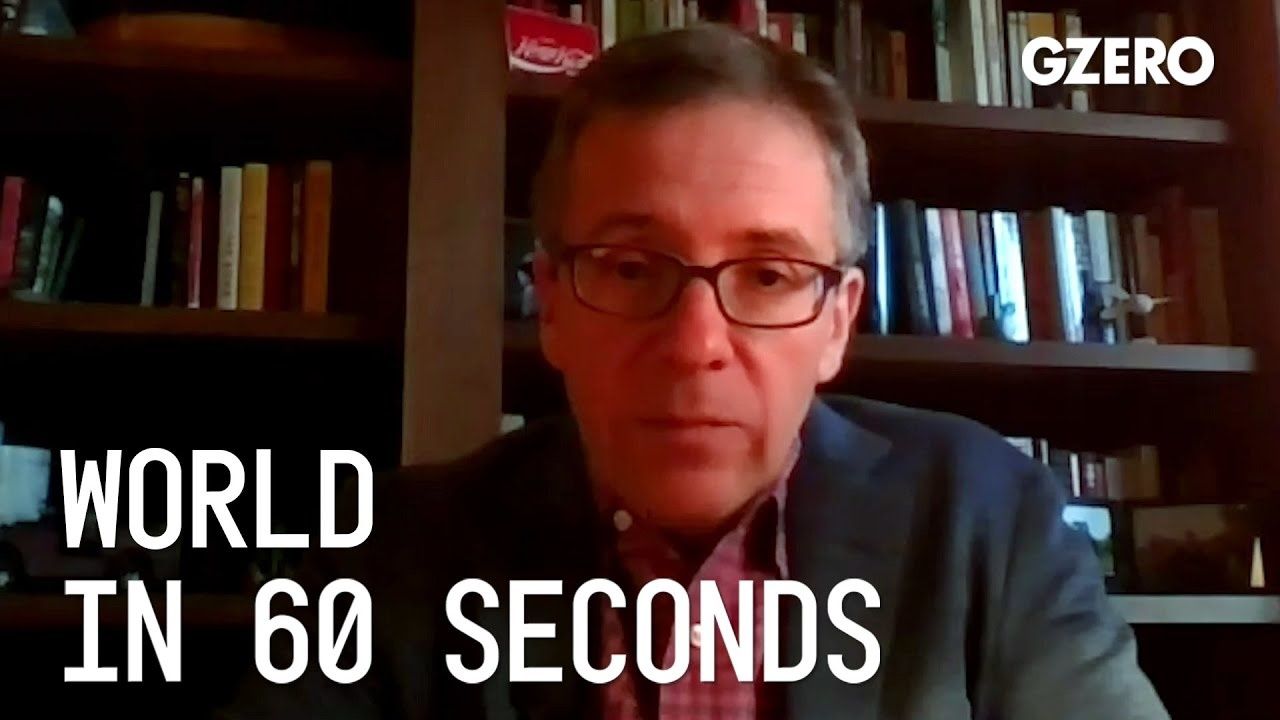
How are Brazil and Mexico responding to coronavirus compared to other countries?
They're abysmal. Look at Brazil and Mexico, and President Trump looks like a model of statesmanship in comparison. In both cases, you have leaders that are saying this isn't a crisis. It shouldn't be taken so seriously. Don't do shutdowns. And in the case of Mexico, they're still pushing austerity. What a disaster. They're really going to suffer. They have nowhere near the kind of resilience or cash on hand that say the Americans, the Europeans, the Japanese do. It's really, really sad.
Will the response to coronavirus lead to more invasive surveillance by governments?
Absolutely. In some cases, that will lead to a bigger power grab of would be authoritarian leaning governments that are actually democracies. Viktor Orbán, for example, in Hungary, a much greater expansion of direct control over his country that Europeans that aren't distracted with coronavirus themselves, aren't going to do anything to punish him in response. That's where we are. But over the course of the next year, in order to get people back to work, you're going to see much more surveillance of individuals, much more data that will be required, available for governments, for corporations. Look at what they're doing, not just in China, but also South Korea and Singapore, where if you were a suspected positive, you're got an app on your phone or a box, a little box that you're carrying, and it says exactly where you've been. Lets you know if you can or can't go into a building. Makes that available to other people.That's probably coming soon to a theater near you. Americans won't be happy about it. They won't be comfortable with it. But getting the economy going again will be seen as the top priority.
Is the threat of coronavirus in China over?
It's getting close to being over at least as long as they don't have further outbreaks from external sources. They are not releasing data on asymptomatic cases. They're tracking it. They're collecting it. But they're not releasing it. Which implies they don't want us to know. It's problematic for scientists internationally who need that information to understand the trajectory of explosion and diminution of cases in China. We'd much rather if they give us that information. It's pretty clear that they are not covering up at this point significant outbreaks. The people themselves would be getting that information out. It would be very hard for China to do it and they'd be taking a lot of risks domestically.
The new cases they're getting are almost all coming from outside the country and they are under government mandated and supervised quarantine. The numbers of people traveling in China right now is de minimis. Given the nature of the authoritarian state and the extraordinary control they have over their borders, I would say the coronavirus is close to being over right now in China. Always capable to see a new outbreak because the science doesn't yet know as much as they would like to, especially about asymptomatic transmission and how long you might be contagious when it's in your body.
Also, potential mutations from coronavirus, which we're just starting to see the beginning of, though most of those have been less lethal, less fatal. But, potentially more transmissible as they've been popping up. That means their economy should be able to really fully restart by the beginning of May, though, of course, restart with a lot less consumer demand, both in the United States and around the world. And in China itself.
So we are seeing the upside of authoritarian regimes that are technologically empowered. I posted on Twitter the other day a short video on from Nanjing, China, about 12 minutes long, that shows just how the Chinese government was able to respond to coronavirus. Across society. Inside taxi cabs. In places of work. In public transport. Around infrastructure. It's humbling. It's obviously chilling in terms of the surveillance society. And it also is something that clearly the Americans, the Europeans could not possibly do in our societies. So, as quickly as we were able to contain coronavirus in China, it is hard to imagine that you could have an outcome like that in any other real major economy in the world.